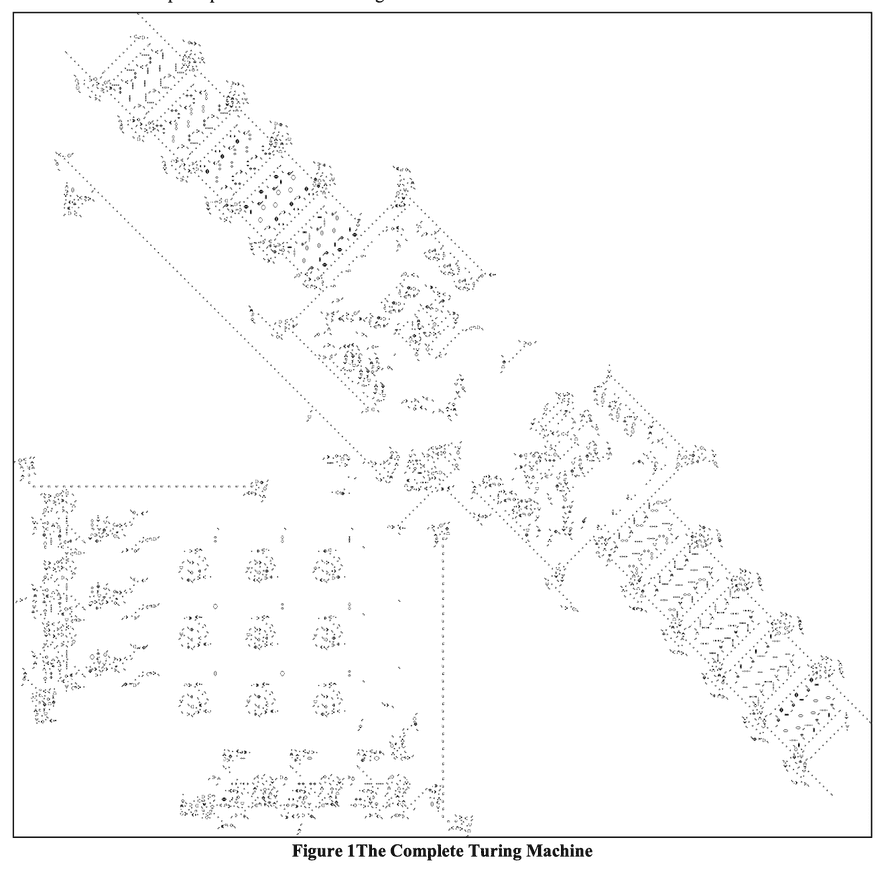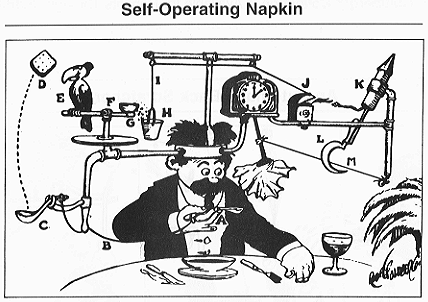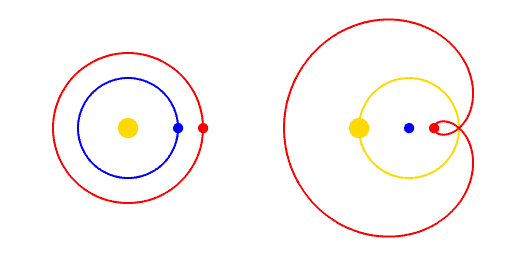Friend, would you rather work with a complex system or a complicated system? 🤔
On Twitter, everyone said "complex". They're wrong.
Would you rather work with a complex system or a complicated system?
— Swizec Teller (@Swizec) August 1, 2021
A car engine is complicated (lots of moving parts), a rocket is complex (tightly balanced explosion), which do you think is easier and cheaper to build?
Complex systems
Complexity, the behaviour of a system whose components interact in multiple ways so possible interactions are difficult to describe
/../ many parts where those parts interact with each other in multiple ways, culminating in a higher order of emergence greater than the sum of its parts
A complex system is like weather. Local rules are easy to follow, global behavior is emergent and complex. Any action may lead to unpredictable results down the line.
Take Conway's Game of Life for example. Simple rules, complex results.

The game follows 3 rules:
- Any live cell with two or three live neighbours survives.
- Any dead cell with three live neighbours becomes a live cell.
- All other live cells die in the next generation. Similarly, all other dead cells stay dead.
Simple, right?
It is, but you can implement A Turing Machine in Conway's Game of Life, if you choose the right starting conditions. That's a universal computer built with 3 basic rules. 🤯

This is what complexity gets you – mindblowing results from simple rules. One of Conway's original design goals was that
There should exist small initial patterns with chaotic, unpredictable outcomes.
Good luck debugging any of that.
PS: when you add probabilistic behavior, your complex system becomes a chaotic system
Complicated systems
A complicated system is like a Rube Goldberg machine.

Complicated systems have lots of moving pieces, but they're all connected in predictable ways. Actions lead to predictable outcomes.
You can debug a complicated system by tracing a path from action to result. Function A calls B, which calls C, which does D, which produces result E.
A → E
The problem is that steps B, C, and D may break. The more steps there are, the likelier something goes wrong, the harder your code is to understand.
Remove steps until there's nothing left to remove.
Complex + complicated systems
Ideally your system is neither complex nor complicated. Unfortunately it's going to be both.
Complicated code happens when you don't understand the requirements yet. When you add exception on top of exception because the underlying rules aren't clear.
Compare how complicated the solar system had to be to fit observed reality to the model that earth is at the middle. Change that assumption and wow 😍

Complicated code is a good sign your mental model is wrong. Step back and rethink your approach.
Complex systems arise when minimally complicated (simple?) systems interact. We use this to break down large problems into smaller pieces. Makes them easier to think about.
Every large system is complex system
You end up with a series of internally "complicated" modules that talk to other modules through an API. The behavior that emerges is ruled by complexity.
Make those interactions explicit and you'll be fine. Use observables and spooky events-at-a-distance and welcome to hell. 😈
Cheers,
~Swizec
PS: working on your code as a team is always a complex system, because humans
Continue reading about Complex vs. complicated
Semantically similar articles hand-picked by GPT-4
- Two types of complexity and their impact
- Forget complicated code, focus on the system
- You can't fix the wrong abstraction
- From trivial to complex – 4 software quadrants
- Why taming architectural complexity is paramount
Learned something new?
Read more Software Engineering Lessons from Production
I write articles with real insight into the career and skills of a modern software engineer. "Raw and honest from the heart!" as one reader described them. Fueled by lessons learned over 20 years of building production code for side-projects, small businesses, and hyper growth startups. Both successful and not.
Subscribe below 👇
Software Engineering Lessons from Production
Join Swizec's Newsletter and get insightful emails 💌 on mindsets, tactics, and technical skills for your career. Real lessons from building production software. No bullshit.
"Man, love your simple writing! Yours is the only newsletter I open and only blog that I give a fuck to read & scroll till the end. And wow always take away lessons with me. Inspiring! And very relatable. 👌"
Have a burning question that you think I can answer? Hit me up on twitter and I'll do my best.
Who am I and who do I help? I'm Swizec Teller and I turn coders into engineers with "Raw and honest from the heart!" writing. No bullshit. Real insights into the career and skills of a modern software engineer.
Want to become a true senior engineer? Take ownership, have autonomy, and be a force multiplier on your team. The Senior Engineer Mindset ebook can help 👉 swizec.com/senior-mindset. These are the shifts in mindset that unlocked my career.
Curious about Serverless and the modern backend? Check out Serverless Handbook, for frontend engineers 👉 ServerlessHandbook.dev
Want to Stop copy pasting D3 examples and create data visualizations of your own? Learn how to build scalable dataviz React components your whole team can understand with React for Data Visualization
Want to get my best emails on JavaScript, React, Serverless, Fullstack Web, or Indie Hacking? Check out swizec.com/collections
Did someone amazing share this letter with you? Wonderful! You can sign up for my weekly letters for software engineers on their path to greatness, here: swizec.com/blog
Want to brush up on your modern JavaScript syntax? Check out my interactive cheatsheet: es6cheatsheet.com
By the way, just in case no one has told you it yet today: I love and appreciate you for who you are ❤️

